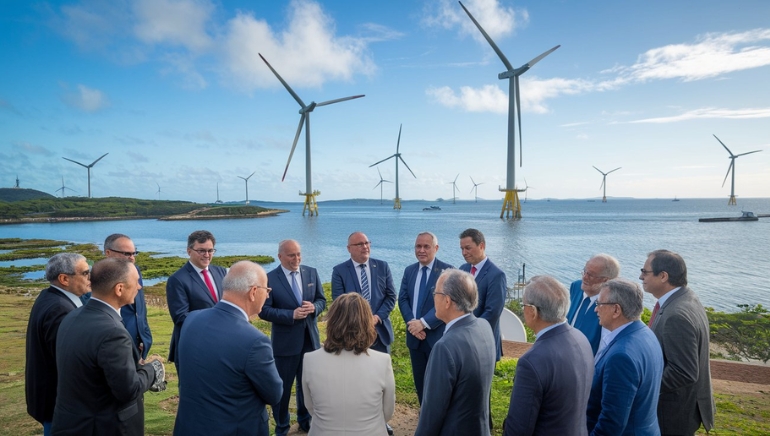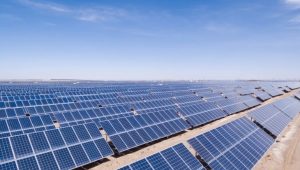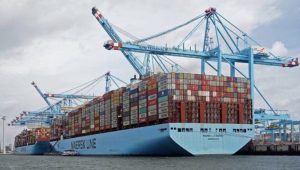Brazilian President Luiz Inacio Lula da Silva signed a historic bill into law on Friday, enabling the construction of offshore wind farms to improve Brazil’s energy security and spur investment in renewable energy.
The legislation creates a comprehensive regulatory framework for offshore wind energy, with incentives to promote sector growth, create jobs, and increase the nation’s energy resiliency. It also specifies allowed energy generation areas, such as the country’s territorial sea, exclusive economic zone, and continental shelf.
Furthermore, the law requires informed consultation with affected individuals and communities before launching offshore projects, fostering openness and inclusivity. However, President Lula rejected Articles 22, 23, and 24 of the law, citing concerns about unrelated measures referred to as “jabutis.” The veto, backed by government ministries, seeks to protect customers from growing energy costs while lowering greenhouse gas emissions in the electrical sector.
Renewable energy already dominates Brazil’s energy landscape, accounting for 84% of its electrical grid through sources such as hydropower. Brazil has many of the world’s largest hydroelectric plants, including Itaipu, Belo Monte, and Tucuruí. Offshore wind farms diversify this mix by providing a zero-emission energy source generated by sea winds. According to IBAMA, 103 offshore wind farm projects are pending license.















